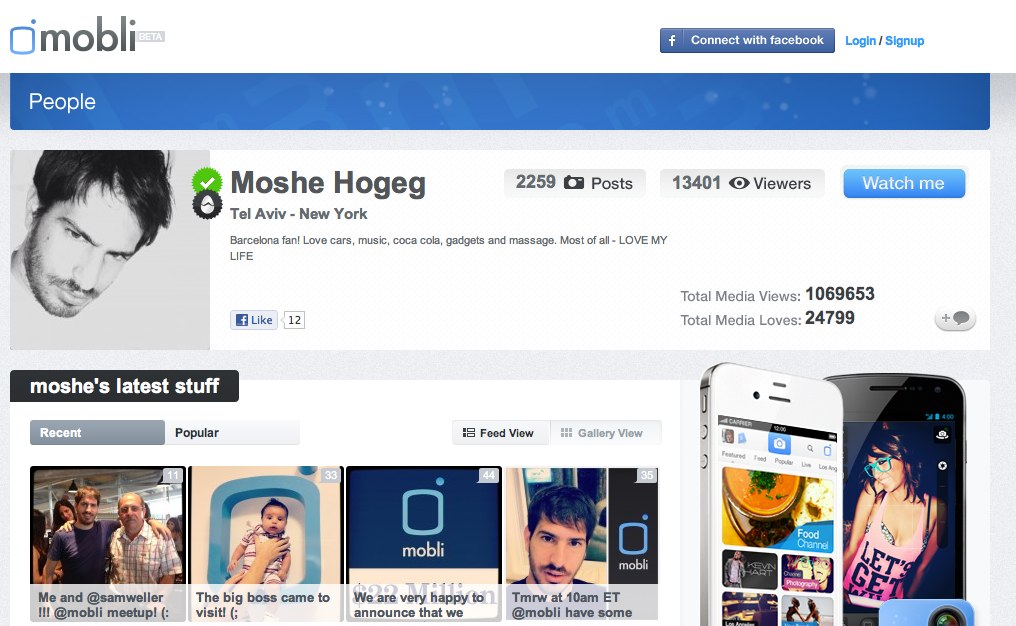We are already deep into the first half of 2018, and it is looking like a pivotal year for technology. Will this be the year that traditional sectors like construction and medicine finally embrace the future? Will startups reach challenging demographics like the elderly? Will financial institutions finally meet their match with cryptocurrencies? OurCrowd surveyed our partners in the ecosystem – CEOs, MNCs, VCs – to bring you the top tech trends for 2018, as discussed at #OCSummit18.
Starting not least with U.S. President Donald Trump, the world is taking a hard look at infrastructure. With this reckoning comes the question of the notoriously inefficient and non-digitized sector of construction. Despite having an enormous slice of the world’s economy, at around 6% of global GDP, the sector has proven to cling stubbornly to its traditional ways. High tech solutions are badly needed; it is estimated that digitization can reduce costs by a staggering 45%, and can cure the long delays and budget overruns which plague nearly every project. Startups are hearing the cry, supplementing the capabilities of engineers and contractors. One example is SiteAware, an Israeli startup using drones, augmented reality and strong algorithms to create a digital replica of construction sites, helping site managers control and imagine the building process on-site. With so many problems plaguing this industry, its high time for a change.
The reality is that quantum computing can now decode traditional encryption methods which keep our monetary and online transactions safe. IBM announced that the new 50-Qubit Quantum Computer in 2017, breaking the barrier of what was considered possible in terms of calculating power. With this shift, the question of cybersecurity’s role alongside this field is reaching a fever pitch. While the NSA sounded the alarm as early as 2016, this will be the year that determines what can be done against the threat of cracking encryption codes. Some startups are rethinking traditional transaction methods, like QuantLR, which is developing a solution based on quantum key distribution technology that will protect sensitive information from quantum computing abilities.
Smart Mobility is at the center of 2018’s tech trends, especially given the fact that OurCrowd is headquartered in Israel, one of the major R&D epicenters of mobility and autonomous vehicles, with 90% of OEMs having a branch in the tiny country. If the estimates are true that 15% of cars will be fully autonomous by 2030 and that 60% will have high level of driver assistance, 2018 will need tremendous breakthroughs in almost every mobility sector. Startups are leading the revolution, an interesting pivot in the highly tiered traditional automotive hierarchy. Companies such as Innoviz and Arbe Robotics are partnering with major players to entirely complete the sensor suite needed for autonomous driving. Newcomers such as VayaVision are tackling the sensor fusion level, and artificial intelligence hardware is being considered. Smart mobility is so much broader than just the umbrella of full autonomy. For example, PhantomAuto is developing remote human control over autonomous vehicles in situations such bad weather, road construction, and accidents, providing the checks and balances needed for this new horizon in transportation.
Artificial Intelligence isn’t in its infancy anymore. While robotics and automation have been cutting into blue collar jobs for several years, AI is beginning to take over white collar jobs as well. The rate is startling; automation is predicted to eliminate 6% of all jobs in the U.S. within the next five years. Knowledge and specialized-skill based professions will also take a hit, with 95% of accountants at risk for losing their jobs, and almost 40% of legal work being automated. Even traditional industries are waking up to the possibilities, with startups like Sense Education, which is developing AI software to analyze and provide feedback for free-answer questions in STEM subjects (science, technology, engineering and mathematics.) At the same time, there is a case for AI creating new jobs. In a recent Forbes article, 4 out of 5 companies using AI created more jobs.
Of course, one cannot talk about technology changing the world without mentioning cryptocurrencies. This is no side hustle; the financial markets and news have closely captured the rollercoaster that has defined blockchain’s explosion onto the world stage. However, for these borderless currencies to truly create a new financial world order, they must address a fundamental flaw: the ability to perform transactions at a scalable rate. Currently, the largest decentralized cryptocurrencies, Bitcoin and Ethereum, are only able to perform a handful of transactions per second, as opposed to the thousands performed at any given moment by credit card vendors. Multiple startups have joined the race to develop protocols that will correct them, finally allowing the rise of the cryptocurrencies as a legitimate and commonplace currency.
FoodTech is creating meat alternatives which will disrupt one of the largest industries in the world, the meat industry. Today, livestock systems take up 45% of the world’s surface. That’s a massive amount of space, and the water footprint and greenhouse gas emissions created by raising cattle is catastrophic for the environment, while meat consumption only continues to grow. There are two major approaches startups are taking to this issue: 1. creating plant-based alternatives so genuine-tasting that the consumer will prefer it, and 2. growing actual meat cells in laboratories, without the need to slaughter an animal, which Israeli startup SuperMeat is aiming to do.
While it’s popular to declare the value of privacy lost, or assume the insistence on existing in the public space, data privacy is making a comeback. Governments have taken upon themselves to create new regulation protecting the individual from the reach of organizations. In the EU, the General Data Protection Regulation (GDPR) is set to come into effect on May 25th, which will fine enterprises and organizations a whopping €20M for even one data privacy transgression. Controlling and protecting data is also becoming a priority for large corporations, as the cyber space becomes more susceptible to attack. Startups like Israel’s D.Day Labs are making it easier for businesses to manage their data, automatically searching, classifying, managing, and monitoring compliance to all the requirements of data privacy regulation.
Medicine is becoming individualized to a level never quite imagined by the average mind. Rather than give pre-prescribed doses of medication to individuals, and then adjusting over time in a guessing-game that is often at the patient’s expense, digital health startups are cropping up to provide real-time data to both doctors and patients. Dreamed, for example, has created algorithms predicting insulin needs in diabetics according to the real-time data rather than relying on imprecise pre-prescribed doses, providing better outcomes and lowering hypoglycemic episodes in diabetics. The means to providing patient-specific care is expanding to include gene sequencing, medical imaging, big data sets, and computational tools are advancing to provide timely answers. While the idea dates back to Hippocrates’ days, technology is making it happen. Cannabis in particular is gaining more traction in 2018 as a legitimate drug, because real data, analyzed and collected by startups like Syqe and Quanais, is honing-in on exact medical, rather than a potentially menacing, dosage.
With the Baby Boomer generation comes technological shifts; this has never been truer than now as this generation gets older but remains independent as possible. Companies are addressing the elderly and aging as a separate and lucrative market with its own needs. Empowering people to age in place usually has better outcomes, higher quality of life, and is cost-reducing for already overloaded medical institutions. In a recent poll, 90% of older Americans were said to prefer to live in their own home as they age. Technology has a huge role to place in this, particularly with the rise of smart home technologies from Amazon, Google, and other major players. These devices, when adopted, can support a higher degree of convenience, security, and assistance to this population. Home sensors are also getting so precise that they can detect any abnormal activity such as falls, change of habits, and altered sleep, while not compromising privacy or requiring live-in help.
Hands-on shopping isn’t becoming obsolete – it’s getting upgraded. Despite the worries about “empty shopping malls” on Black Friday this year, and the ominous claims that retail is doomed to fail, 90% of retail transactions still happen offline. Amazon has been leading the return to in-store retail with their acquisition of Whole Foods and the grand opening of Amazon Go.
Startups are addressing the pain points of offline shopping, developing new ways to bring the digital and mobile experience to brick-and-mortar stores. TopAutomation, for example, is cutting the lines by eliminating the wait at checkout, allowing the consumer to pick their purchase and go, with the bill delivered straight to mobile. Satisfi is bringing the concept to a new level with self-service stores – no need for employees or waits, yet providing digital advisors as needed. Oak Labs are designing smart fitting rooms with interactive mirrors, and much more planned. 2018 is all about elevating what happens in-store.
Check out the video presentation!
Loved our tech trends? Check out other highlights from #OCSummit18 here.

















